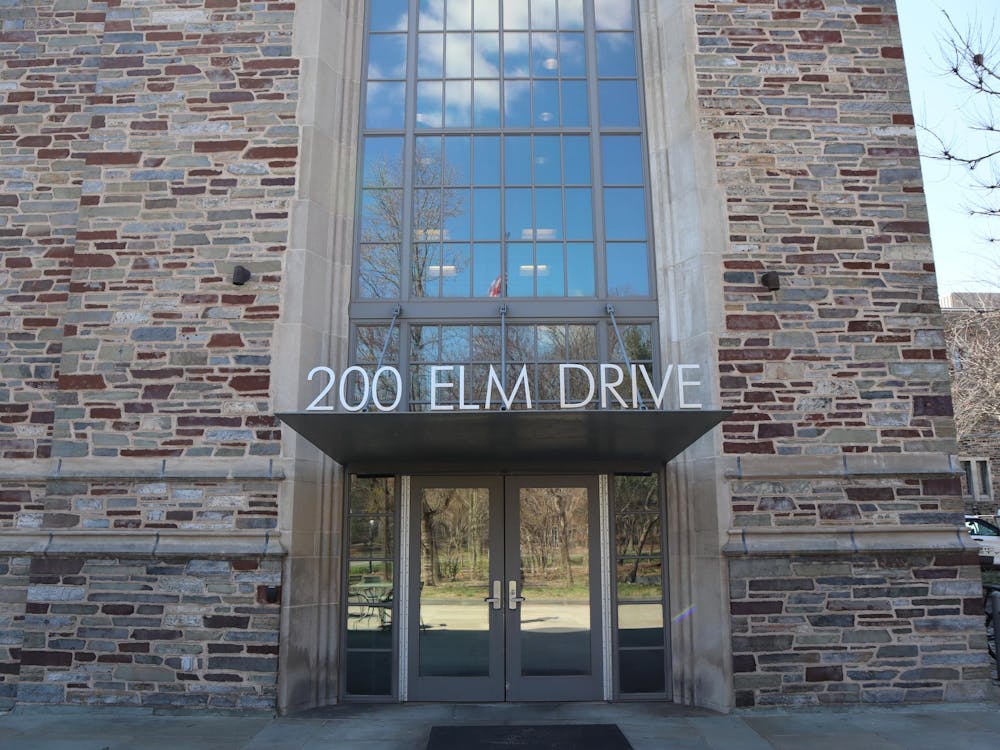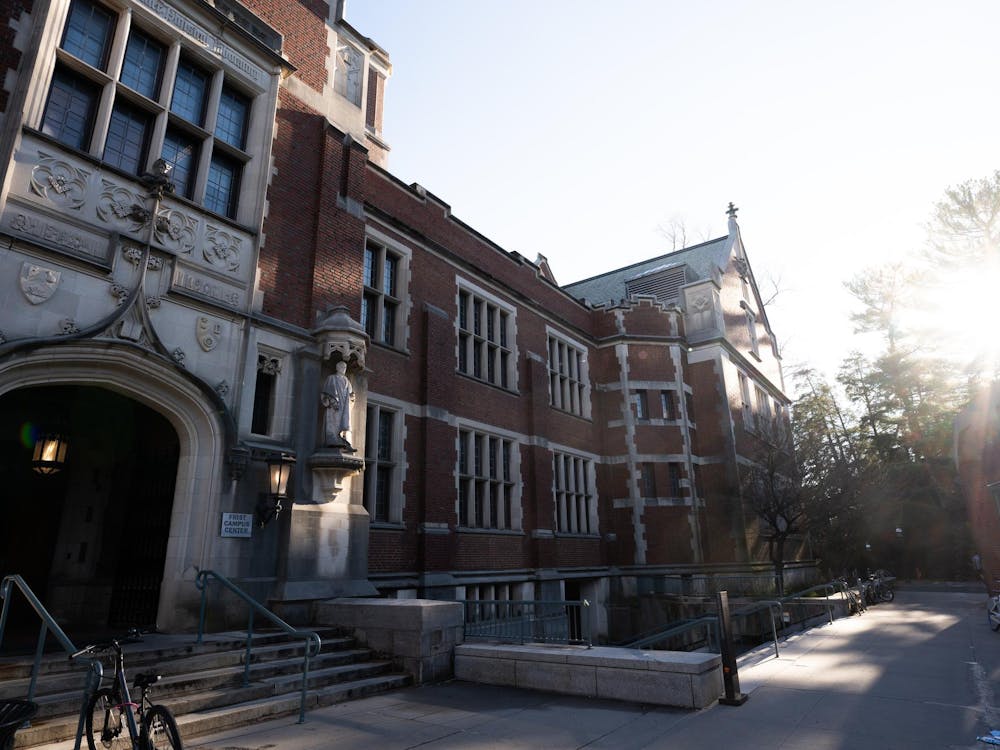Fred Hargadon, the former dean of admission known for the iconic ‘YES!’ he included at the top of admitted students’ acceptance letters, died Wednesday night, the University and his family confirmed. He was 80.
Hargadon retired from his position as dean of admission in 2003. His legacy also includes a tight bond with the University’s athletic community, which he avidly supported, and a 2002 admission scandal involving a breach of applicant privacy that may have caused him to retire earlier than planned.
Students and administrators alike remember Hargadon for modernizing the admission process and bringing a new level of personalized attention to his office’s review of applications.
Former Dean of the College Nancy Malkiel noted that Hargadon read every application personally each year of his tenure and had an uncanny instinct for finding the kinds of qualities that would enable students to succeed at Princeton. Janet Rapelye, Hargadon’s successor, said she noticed and appreciated Hargadon’s attention to detail when reading applications.
Both Malkiel and former University President Harold Shapiro GS ’64 added that once ‘Dean Fred,’ as he was known, admitted students, he would continue to follow them throughout their undergraduate careers.
Nate Ewell ’96 said he was one of the many students whom ‘Dean Fred’ followed throughout his time at Princeton. Ewell added that while he had known Hargadon previously through his father, who had been a coach for the women’s hockey team, Hargadon would also recognize his friends, whom he knew only through their applications.
“I got to know, from talking to other people, how unique that was,” Ewell said.
Students and administrators also praised Hargadon’s commitment to diversity. W. Hodding Carter ’57, a former University trustee who had served on committees with Hargadon, said that under Hargadon’s leadership, Princeton changed from primarily representing the East Coast to representing the entire country. Shapiro also said that Hargadon had helped Princeton become more diverse geographically, ethnically and socially and noted that Hargadon had encouraged his administration to think about whether low-income students were assisted by loans as much as they were by grants.
The University enacted itsno-loan financial aid policytoward the end of Hargadon’s tenure, in 2001.
Under Hargadon’s leadership, his office’s staff members began to split the time they spentvisiting schoolsmore equitably, rather than following the traditional pattern of allotting more staff time at independent schools than at public schools. Princeton also stopped meeting with school counselors to discuss students because they did not have enough time to do so with the 5,000 schools from which they received applications. Counselor meetings were a privilege that had previously been delegated to independent schools and to select public schools.
The later years of Hargadon’s tenure were marked by controversy over the treatment given to student-athletes in the admission process and an incident involving the unauthorized use of confidential applicant data.
A 1998 University study group on undergraduate admission, which included Hargadon, Malkiel and Shapiro in addition to nine senior faculty members,praised Hargadon’s decisionsoverall but recommended that future committees pay more attention to students known as “academic 1’s” — students with high grades and standardized test scores — and students with artistic tendencies, as opposed to athletes.

The report recommended that Princeton do this by expanding the class size, while keeping the number of recruited athletes constant.Professors in the study group also said Hargadon was unresponsive to faculty admission inquiries.
Controversy also preceded Hargadon’s retirement in 2003. In 2002,several members of the University’s admissions staff used confidential informationfrom student applicants to view those students’ Yale admission decisions on that university’s website. The incident came at a time when the Princeton admissions staff was opposed to announcing admission decisions online, largely due to security concerns.
Shortly thereafter, Stephen LeMenager, Hargadon’s second-in-command, left the Office of Admission and joined the office of the Vice President for Campus Life. Although the possibility of Hargadon stepping down had already been in place at the time, discussions of extending his term ceased.
Prior to arriving at Princeton in 1988, Hargadon had served as senior vice president of the College Board from 1984 to 1988, dean of admissions at Stanford from 1969 to 1984 and dean of admission at Swarthmore from 1964 to 1969. Malkiel, who helped make the decision to hire Hargadon in 1988, said she did so because “he had a reputation as the dean of all admissions deans” and was clearly the wisest and most outstanding person in the field.
“Everyone has their critics and I’m sure he did too,” Shapiro said. “But I think a majority of people think that he moved our process in new directions.”
Gary Walters '67, the outgoing Director of Athletics, said Hargadon's presence would be sorely missed on campus.
"He was the Moses of admissions deans and was highly respected by everyone who knew him well," Walters said. "It's a sad day."
Hargadon Hall in Whitman College bears his name, with the signature ‘YES!’ inscribed on the floor beneath the arch.
Hargadon was born in 1933 in Ardmore, Pa., and was the first in his family to attend college. Hargadon attended Haverford College under the G.I. Bill of Rights and followed his three years there with graduate work at Harvard and Cornell. He is survived by brothers Bernie and John, sisters Anne and Judy, sons Steve and Andrew, and grandchildren David, Kate, Caroline, Cody and Anna.
Awebsitededicated to his life became available Thursday and noted that information about memorial services would be announced soon.
Editor-in-Chief Luc Cohen contributed reporting.








